Date: 16 September 2015
Quality inspection for process control, handling control and detection of defective parts are the keys .jpg) to process optimization and cost efficient production.
to process optimization and cost efficient production.
First-rate PV module production requires the use of high-quality materials to achieve long product lifetime and high power output. These material costs account for more than 70% of production costs including glass, solar cells, EVA, frames and junction boxes, while the process itself, with labor and energy consumption, makes up only about 10% of overall production costs.
The use of the different inspection solutions from ISRA VISION / GP SOLAR will optimize costs throughout PV module production and ensure high quality process handling and detection of defective parts..jpg) The market leader of automatic inspection for the solar industry offers quality control solutions for maximizing customer value. Our inspection solutions detect defective parts early in the process, enabling the chance to rework in order to increase productivity, reduce the scrap rate and save costs.
The market leader of automatic inspection for the solar industry offers quality control solutions for maximizing customer value. Our inspection solutions detect defective parts early in the process, enabling the chance to rework in order to increase productivity, reduce the scrap rate and save costs.
The quality of incoming material is crucial for production yield and production cost. With automated inspection solutions from the industry’s global market leader, we guarantee manufacturers the best value, ensuring 100% process control in the module production, leading to a higher product lifetime and reduced warranty costs by up to 30%.
As producers know, PV module manufacturing can be improved based on repeatable, reproducible and reliable quality criteria to optimize and monitor module quality, including documentation of product quality before shipment. In addition, warranty costs can be reduced, resulting in a high level of customer confidence..jpg) MOD-Q EL – Electroluminescence Inspection for Modules
MOD-Q EL – Electroluminescence Inspection for Modules
Electroluminescence inspection for modules detects defective parts, process problems, and indicates possible warranty issues. The MOD-Q EL’s specifications accommodate a variety of manufacturing scenarios including:
- Automatic or manual, inline or offline electroluminescence inspection
- Cycle times down to < 30 seconds per module for high throughput
- Resolutions down to < 100 μm for detection of the smallest defects
- Automatic defect detection and classification performed at the highest rate of reliability
Optical Module Inspection with MOD-Q VISION
Optical inspection of solar modules is essential for being able to ship high quality products. Automated scrutiny reveals more defects and is much more reliable than inspection by the human-eye, which isn’t practical for high throughputs, especially when requiring stellar quality standards. The MOD-Q VISION delivers:
- Cost-efficient automatic optical inspection at resolutions down to 25 μm/pixel
- Inspection based on ISRA VISION / GP SOLAR patented solar cell inspection algorithms – support for arbitrary print patterns and the newest cell designs such as multi-wire, IBC and others
- Cycle time down to 15 seconds/module
- For framed and unframed modules after lamination
- Easy integration into new and existing production lines
String Inspection with STRING-Q EL, VISION and EL+VISION
About 80% of all module defects are already visible after soldering the solar cells to strings; most common rejects involve breakage, misalignment, and bad contacts. Reworking defective cells and strings is easy done at this production stage, and significantly reduces production costs – that is if the strings are properly inspected and all relevant defects are detected.
STRING-Q EL VISION and EL+VISION solutions address the need of the most discerning customers by providing:
- Cost-efficient automatic inspection, with resolutions down to 25 μm/pixel (optical) and 100 μm/px (EL)
- Inspection based on proven algorithms – support for arbitrary print patterns and the newest cell designs such as multi-wire, IBC and others
- Cycle times down to 5 seconds/string
- Integration into new and existing production lines
 Download Flyer MOD-Q EL
Download Flyer MOD-Q EL Download Flyer MOD-Q VISION
Download Flyer MOD-Q VISION Download Flyer STRING-Q EL/VISION
Download Flyer STRING-Q EL/VISION Please send me more information
Please send me more information
Please visit our homepage www.gpsolar.com for more information


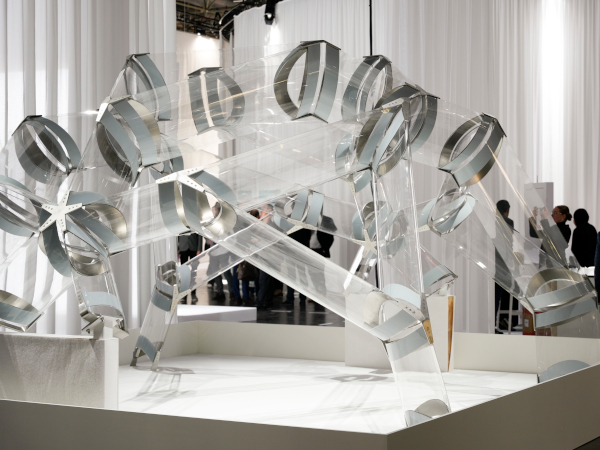
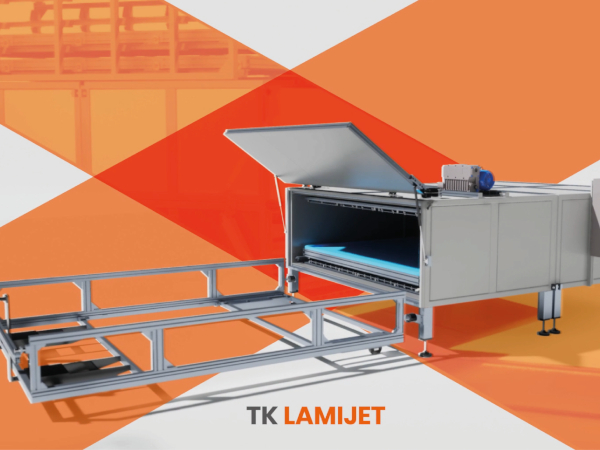
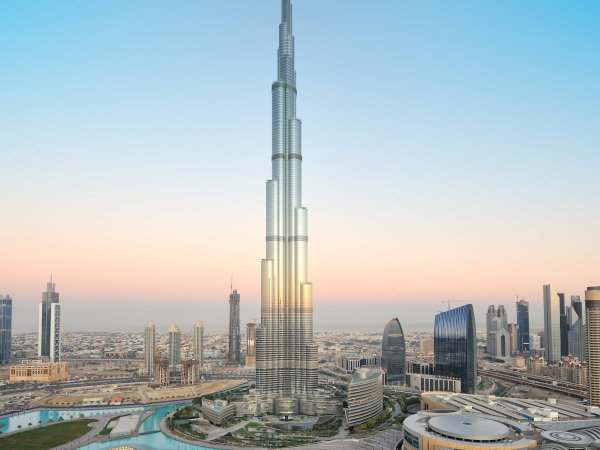
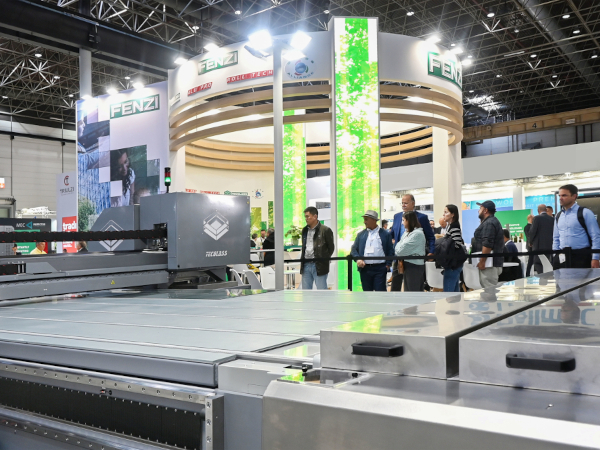
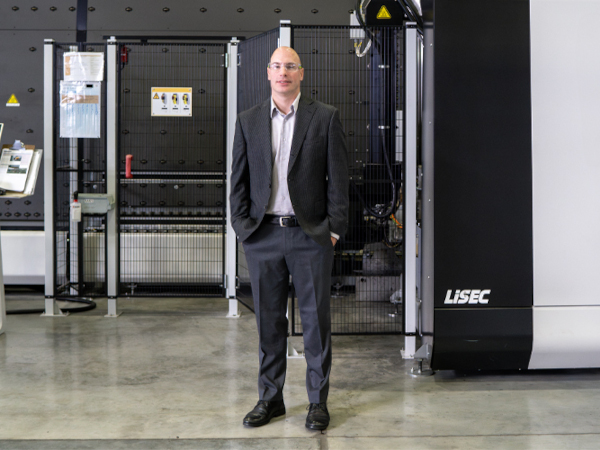
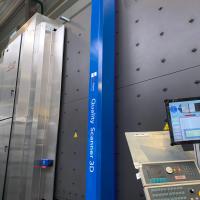
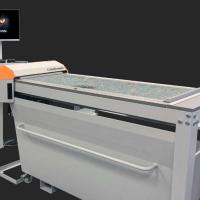
Add new comment